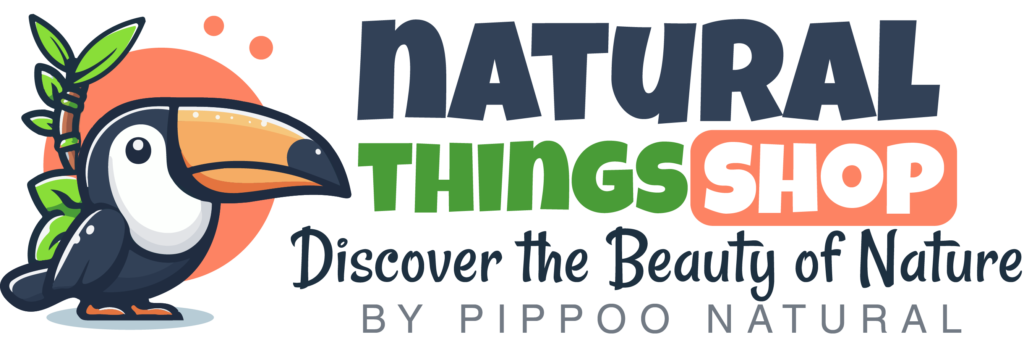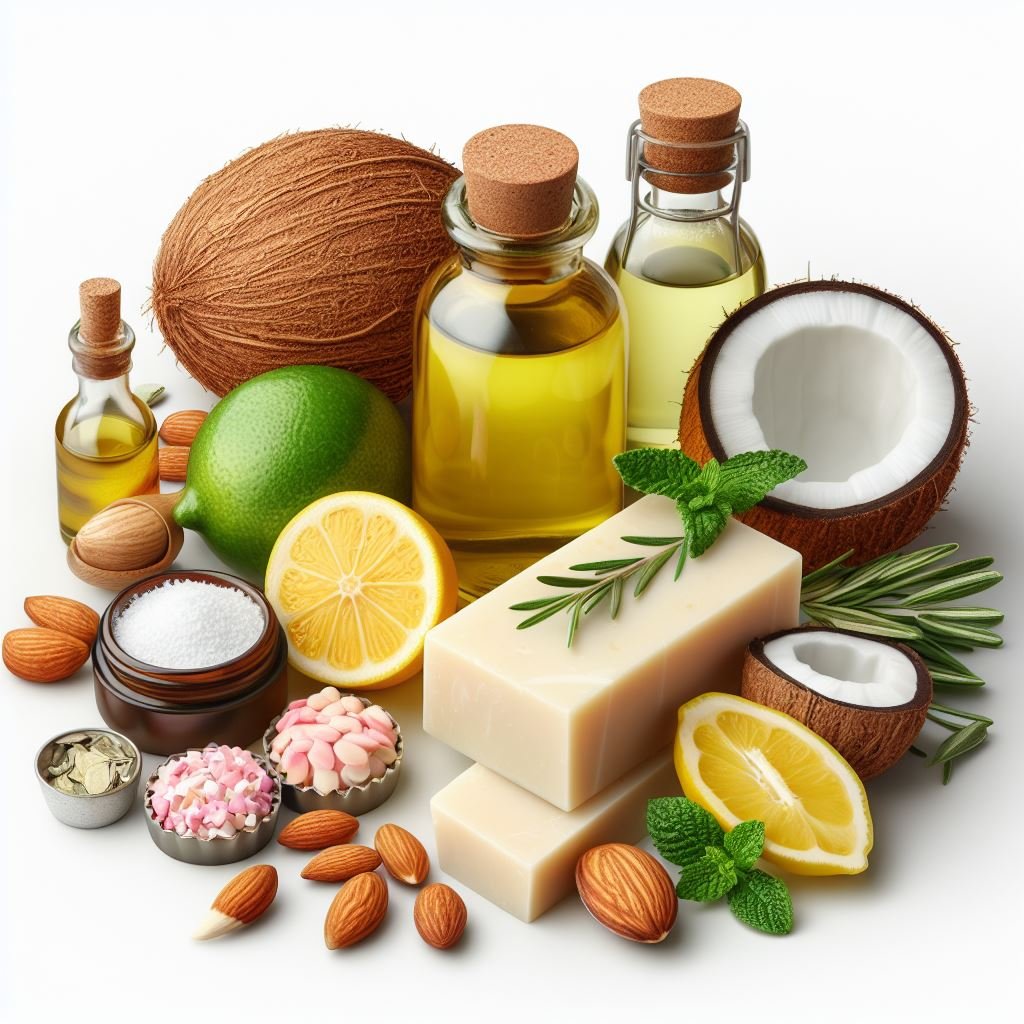MAKING SENSITIVE SKIN BODY BAR WITH COCONUT MILK
Gentle Solace: A Sensitive Skin Body Bar with Coconut Milk
For those with delicate skin, finding a body bar that cleanses effectively without stripping away moisture can feel like an impossible quest. But fear not, gentle souls! This recipe for a coconut milk body bar offers a haven for sensitive skin, providing a luxurious lather and nourishment without irritation.
The key ingredient in this soothing bar is coconut milk. This creamy elixir is rich in fatty acids and vitamins, leaving skin feeling soft and supple. Its gentle cleansing properties remove dirt and impurities without disrupting the skin’s natural barrier, perfect for those prone to dryness or redness. Additionally, coconut milk boasts anti-inflammatory and antibacterial qualities, further calming and protecting sensitive skin.
This recipe combines the gentle power of coconut milk with other nourishing ingredients like shea butter and olive oil, creating a bar that is both cleansing and moisturizing. You can even customize it with soothing essential oils like lavender or chamomile for an extra touch of relaxation. The result? A body bar that pampers your skin with a creamy lather, leaving it feeling clean, soft, and beautifully cared for. So, ditch the harsh soaps and embrace the gentle embrace of a coconut milk body bar – your sensitive skin will thank you for it!
In this article, we will see how making Sensitive Skin body Bar With Coconut Milk:
MOISTURIZING
START TO FINISH TIME:
1 to 2 hours,
24 hours insulation,
4 to 6 weeks to cure
SCENT: LAVENDER AND CHAMPHOR
As someone who has sensitive skin, all store-bought products give me acne, lead to a rash, or cause me to itch! It’s very frustrating. While we can use all my homemade soaps, We especially like this one because the mango butter gives it a creamy feeling and the coconut milk is very moisturizing. We chose camphor and lavender oils because they are both calming to the skin. With a 15 percent lye discount, this recipe is gentle and moisturizing.
SAFETY FIRST! Remember to wear your safety equipment and mix the lye water outside. Tell everyone you live with that where you’re working is off limits. Give yourself enough time to complete the recipe.
EQUIPMENT
- Kitchen Scale
- Glass Bowls
- Blender or food processor
- Large spoon
- Large stainless steel pot
- Small zip-topplastic bag
- Mold
- Thermometer
- Parchment Paper
- Stick Blender (or hand mixer)
- whisk
- Rubber Spatula
- Blanket
INGREDIENTS
- 540gr (18 ounces) Olive Oil
- 180gr (6 ounces) Tallow
- 150gr (5 ounces) Coconut Milk
- 150gr (5 ounces) Coconut Oil
- 150gr (5 ounces) Castor Oil
- 60gr (2 ounces) Mango Butter
- 132gr (4.4 ounces) Lye
- 260gr (8.7 ounces) Water
- 15gr (0.5 ounce) Lavender Essential Oil
- 15gr (0.5 ounce) Camphor Essential Oil
PREP AHEAD:
Combine the water and coconut milk in a large glass, plastic, or stainless steel container. Place the container in the freezer for 1 to 2 hours. It is okay if a slush forms, as long as it doesn’t freeze solid. The colder your milk-water, the lighter your soap will be after adding the lye.
1. HEAT THE FATS/OILS:
2. MIX THE LYE WATER:
3. PREPARE THE MOLD:
4. COMBINE AND BRING TO TRACE:
5. MIX IN NATURAL ADDITIVES:
When the soap reaches light trace, add the lavender and camphor essential oil and blend for 30 seconds.
6. MOLD THE SOAP:
7. CUT AND CURE:
TIP: Milk can scald when lye is added. Placing the milk-water in the freezer until it’s very cold helps prevent this. Be sure to add the lye slowly. It is okay to really take your time, coming back every 20 minutes to add a little more. Milk can also make hotter than usual, so just insulate a milk batch your get recipe lightly with a towel if you’re concerned about getting a good gel for color.
Sources / References
Natural Things Shop uses only high-quality sources to support the facts in our articles. Read our editorial process to learn more about how we fact-check our content and keep it accurate, trustworthy and reliable.
All the images we use on our site are produced with Dall-e 3 artificial intelligence technology. There are no legal problems regarding copyright.
Kelly Cable
- The Natural Soapmaking Book For Beginners
- DIY Soaps: Using All-Natural Herbs, Spices & Essential Oils


